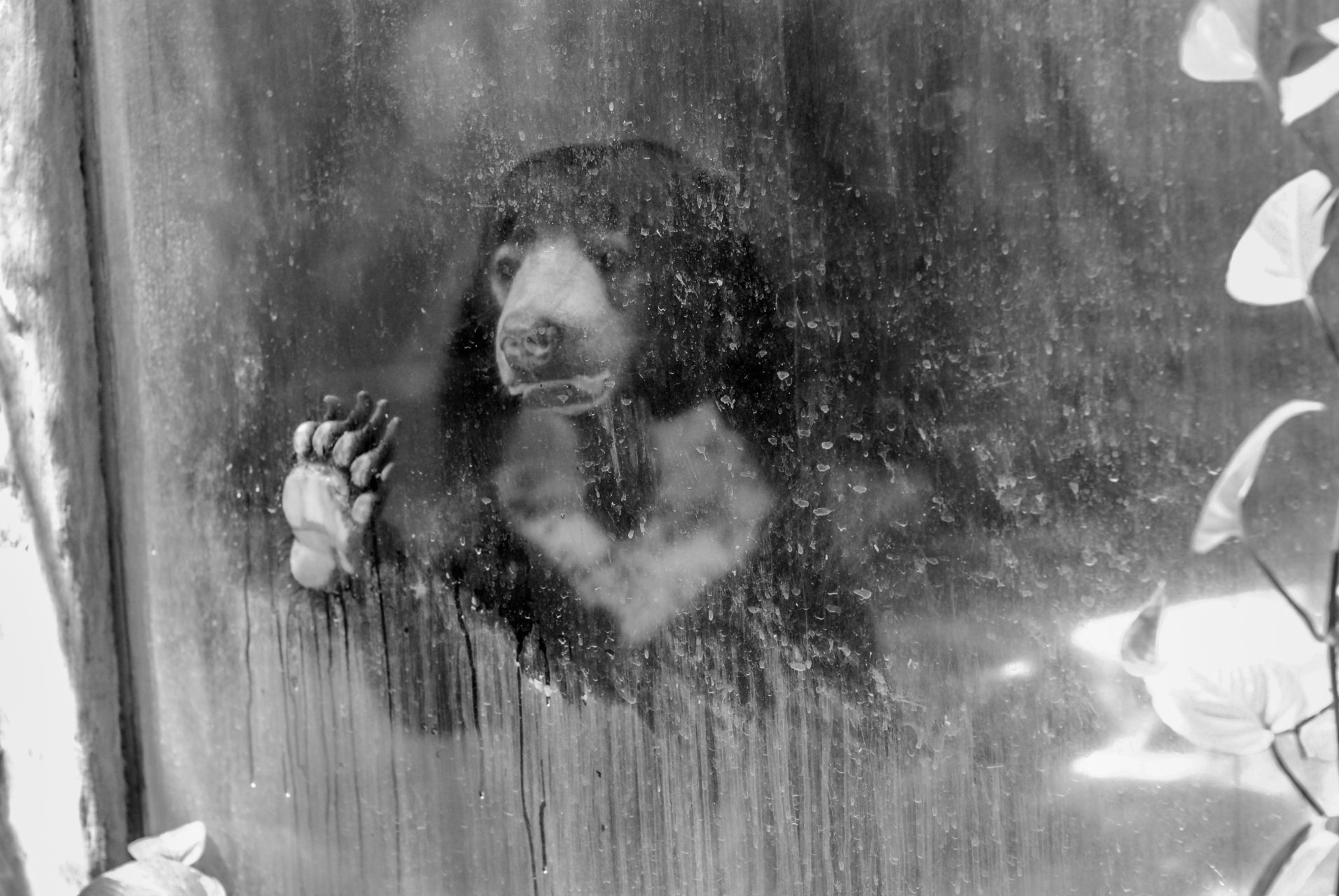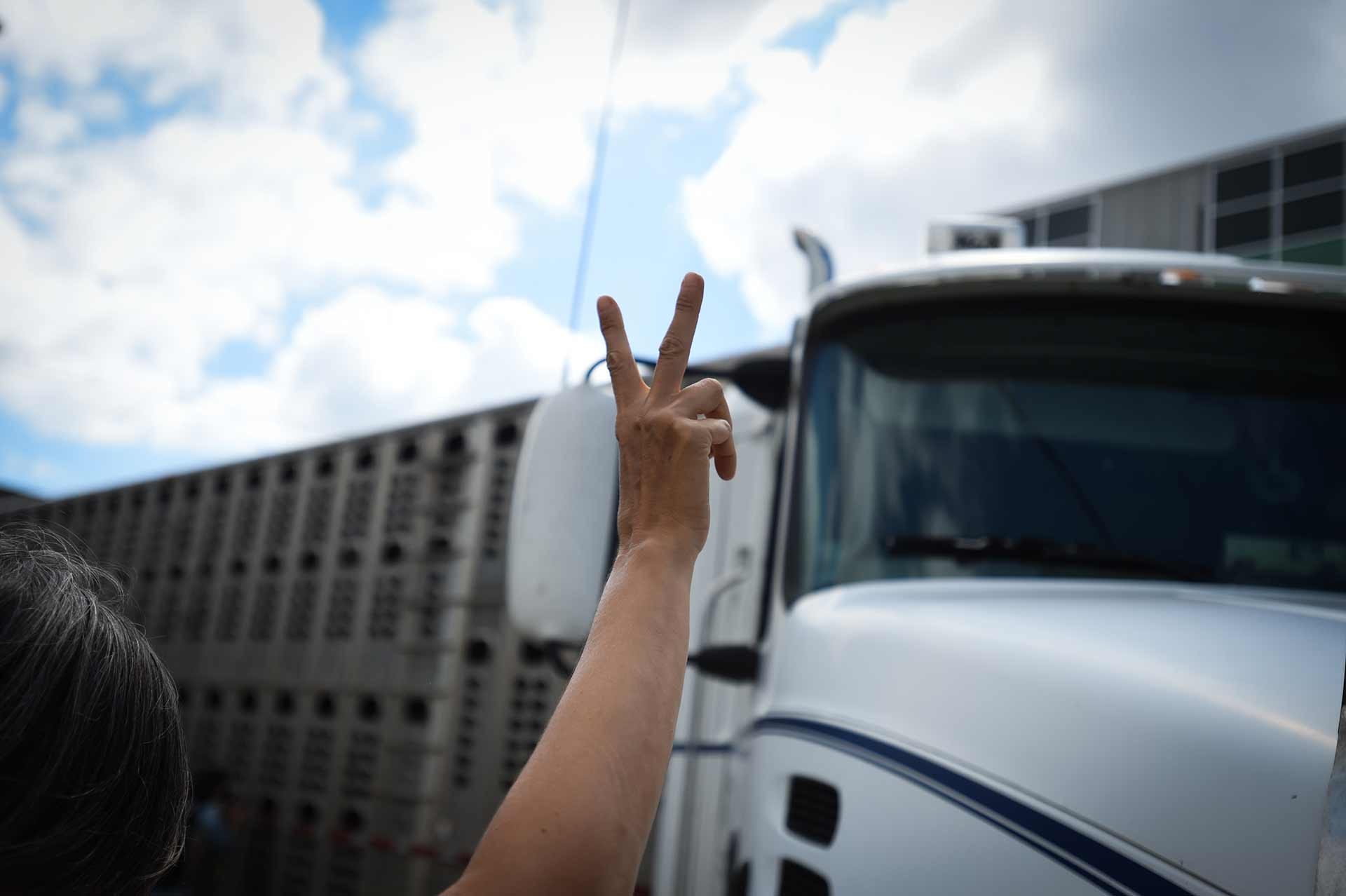
Originally published in ASA Footnotes , vol. 48 no. 3. pp. 16-17.
Corey Wrenn, University of Kent
Loredana Loy, Cornell University;
Bonnie Berry, Social Problems Research Group
Founded at the turn of the 21st century, our section has long been committed to unpacking the complex web of relationships that exist between humans and other animals. As COVID-19 can be traced to exposure to animals used for food (likely in wet markets or piggeries), our subfield is perhaps ideally positioned to offer critical insight.
Zoonotic diseases, like other natural disasters, have amplified in number and severity with the intensification of animal agriculture. Industrial production and consumption of animal products has entailed astonishing levels of environmental damage. One consequence is the increased contact between humans and other animals living in undeveloped spaces. The disruption to human communities created by the Western expansion of land-hungry “meat” and dairy has created widespread food insecurity, forcing many to rely on “bushmeat” to survive (Cawthorn and Hoffman 2015).
Harm is also imposed on communities where animal-based industrial operations reside and to the workers for these operations (who overwhelmingly originate in marginalized communities). As of this writing, several meat processing plants have reported outbreaks of COVID-19 (Almeida and Del Giudivice 2020), while Smithfield’s meat processing plant in South Dakota is host to the largest clustered outbreak in the U.S. (Lee 2020). The corporation has blamed the outbreak on “the living circumstances” and culture of its (mostly Latinx) workforce (Samaha 2020). Slaughterhouses are one of the country’s most dangerous industries, with or without a pandemic.
Likewise, the racialized narrative of Asian wet markets which dominates the COVID-19 origin story also avoids the root of the issue. Animal agriculture itself breeds pathogens (and has reduced the efficacy of antibiotics) as a matter of course. Although the scale and intensity of factory farming can exacerbate the development of disease, even smallscale family operations can produce global killers. This was the case of the 1918 influenza pandemic which began on a small Kansas farm. A farmer contracted the virus from his ducks only to unknowingly release it through the trenches of WWI soon after he enlisted (Humphreys 2018).
Despite these compelling links, research finds that the risk that animal agriculture poses to public health and environmental sustainability is largely dismissed, if acknowledged at all (Bristow and Fitzgerald 2011). Although this may seem irrational, it is not especially surprising. David Nibert (2003), one of our section’s founders, argues that economically driven speciesism has been fundamental to the manufacture and maintenance of human societies the world over, and rarely (if ever) sustainably so. Perhaps it is the mundane ubiquitousness of animals to social design that lends to their invisibility in mainstream sociological analysis.
Fundamental to our subdiscipline is the notion that humanity’s relationships with other animals are socially constructed. Sociology has challenged the notion that gender, race, and class are somehow biologically-based; and we apply this logic to the manufacture of species and nature. As humans, we are taught how to interact with one another, other animals, and our environments. The animal existing as “other” helps us to define what it is to be human (Irvine 2004). Put succinctly, the animal as other becomes a useful symbolic category for the purposes of rationalizing and legitimizing systemic exploitation.
As COVID-19 and hundreds of other zoonotic diseases have demonstrated, humanity’s oppressive relationship with other animals is not only dangerous for non-humans, but for humans as well (particularly marginalized groups). The toxicity of anthropocentric social structures must be tackled head-on in order to curb the lethal consequences to humans, other animals, and ecosystems. The task is formidable, but as the global response to COVID-19 has indicated, big change can happen fast when there is the impetus to do so.
Neo-colonial practices that serve to spread Western dietary practices, entrench developing regions in animal agriculture, and fan food insecurity, must be challenged. Much of the non-Western world has traditionally relied on plant-based consumption, a diet that has been gradually undermined by Western capitalist expansion. The heavy subsidization of animal agriculture and other animal-based industries shape economic landscapes, consumption patterns, and health (Allen 2011, Robison and Mulvany 2019, Simon 2013). Governmental bodies will need to cease subsidizing these industries and begin transitioning farmers toward truly sustainable, plant-based production. Such efforts are already taking shape and should be supported (Splitter 2020).
The COVID-19 pandemic has disrupted all that sociology holds dear, from major social institutions to the most minor of social interactions. As such, sociologists cannot afford to continue ignoring and devaluing the nonhuman factor in human social life. We must begin to include non-humans in our research, not just as variables, but as sentient beings who, like ourselves, have a stake in our society’s present and future. Furthermore, the institutional and organizational dimensions of animal-based industries (as well as efforts to resist or reform them) deserve scholarly attention. It is our hope that sociology will take heed and expand its imagination to include other animals.
